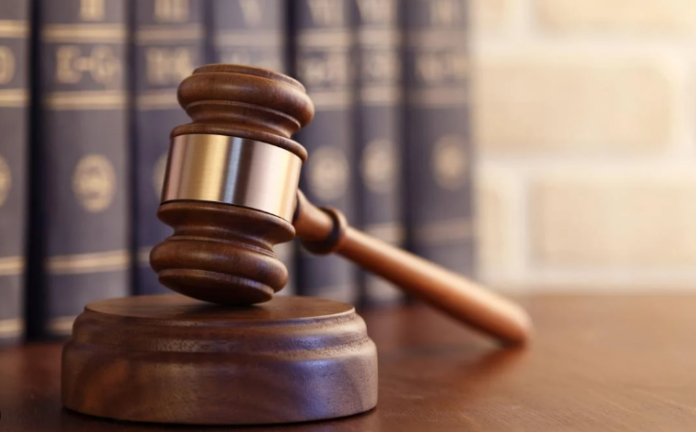California possesses some of the most stringent gun regulations in the United States. Nevertheless, the state’s progressive lawmakers remain unsatisfied. They consistently enact additional legislation that places further limitations on the Second Amendment rights of California residents. One such example is Senate Bill 2, which forbids individuals with concealed carry permits from legally bearing their firearms in various locations.
In September of last year, Governor Gavin Newsom, a Democrat, officially approved the legislation. Presently, the legal arena is embroiled in a series of back-and-forth maneuvers. The latest court decision prevents the enforcement of the law, marking a victory for proponents of Second Amendment rights.
Senate Bill 2 brings about several modifications to California’s concealed carry law. Notable changes include raising the minimum age for a concealed carry permit to 21 and introducing additional training prerequisites. The legislation also restricts firearm owners from carrying their weapons in various sensitive public areas. This extensive list encompasses 26 locations such as playgrounds, public parks, churches, banks, and zoos, among others.
Following the approval of SB2 by California lawmakers, gun rights organizations, including the California Rifle & Pistol Association and the National Rifle Association, initiated legal action against the state. According to attorney Konstadinos Moros, involved in the lawsuits, the law is perceived as a threat to the constitutionally protected right to bear arms in public.
Critics contend that the legislation severely limits legal gun owners, allowing them to carry firearms only in specific areas such as streets and sidewalks, while imposing restrictions around designated sensitive places. Moros argues that the law’s intricate framework of permitted and prohibited locations renders the exercise of the right to bear arms impractical and legally risky, discouraging gun owners from exercising their rights.
On December 20, a preliminary injunction was granted by US District Judge Cormac Carney, preventing the implementation of the California law. This blockage remains in place during the ongoing legal challenges in court. Judge Carney expressed that the law exhibited clear defiance towards the Supreme Court.
State Attorney General Rob Bonta challenged the decision, appealing to the 9th Circuit Court of Appeals. On December 30, a group of justices overturned Carney’s ruling, permitting the law to become effective on January 1. However, the situation took a turn when another panel from the 9th Circuit opted to reinstate the injunction. As it stands now, the state is prohibited from enforcing SB 2 while legal challenges are ongoing.








